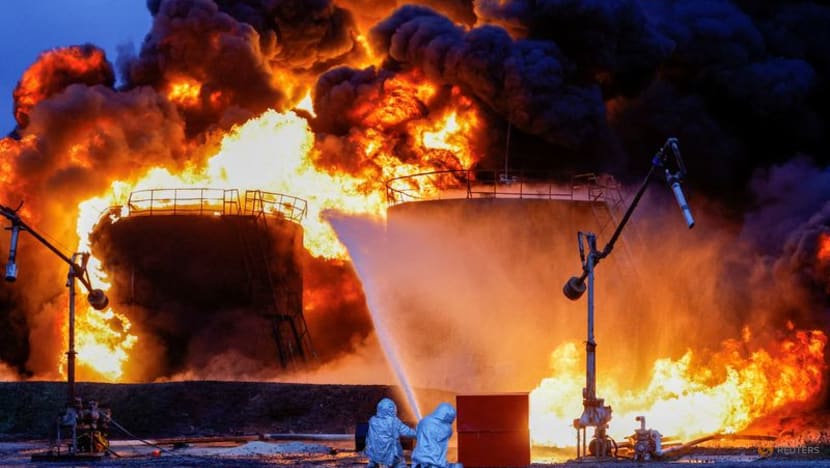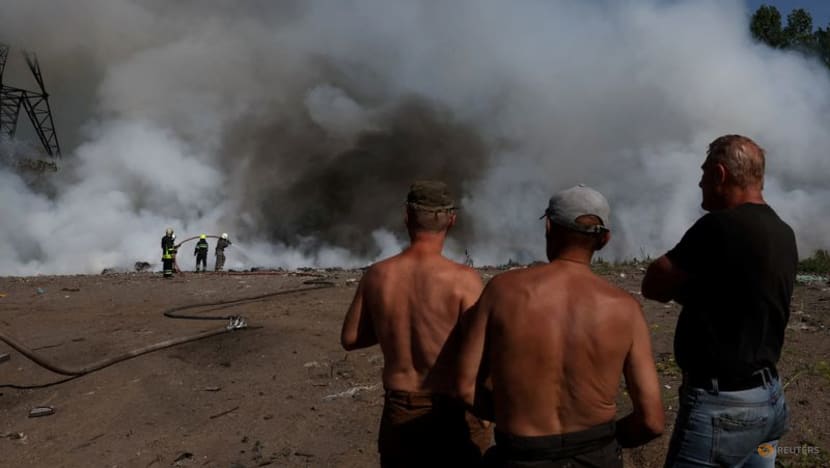LONDON: The war in Ukraine is deepening the climate crisis at a time when global greenhouse gas emissions are already running at a record high, according to a report by carbon accounting experts who have tallied the overall impact of the conflict.
The report, which is due to be released on the sidelines of the UN climate summit in Bonn this week, calculates that the first 12 months of the war will trigger a net increase of 120 million tonnes of greenhouse gases, equivalent to the annual output of countries such as Belgium.
A group of researchers led by Dutch expert Lennard de Klerk looked at a range of contributors to emissions, from fuel used by vehicles to forest fires, to changes in energy use in Europe and the future reconstruction of buildings and infrastructure.
"We didn't expect the emissions of war would be so significant and it's not only the warfare itself that contributes to the emissions, but it's also the future reconstruction of the destroyed infrastructure," said de Klerk by phone from his home in Hungary near the border with Ukraine.
Carbon accounting will be in focus at the COP28 climate summit in Dubai this year as countries assess progress against climate goals agreed upon in Paris in 2015, and de Klerk said it was crucial military emissions were included.
"Emissions of conflicts and military emissions are often overlooked," he told Reuters.
"The aim that we all should have is to get to net zero by 2050, including the military, but if you don't know what the military emissions are, it's very difficult to start work on policies to reduce them," de Klerk said.
The report - Climate Damage Caused By Russia's War in Ukraine - was funded by the European Climate Foundation and the Environmental Policy and Advocacy Initiative in Ukraine.

